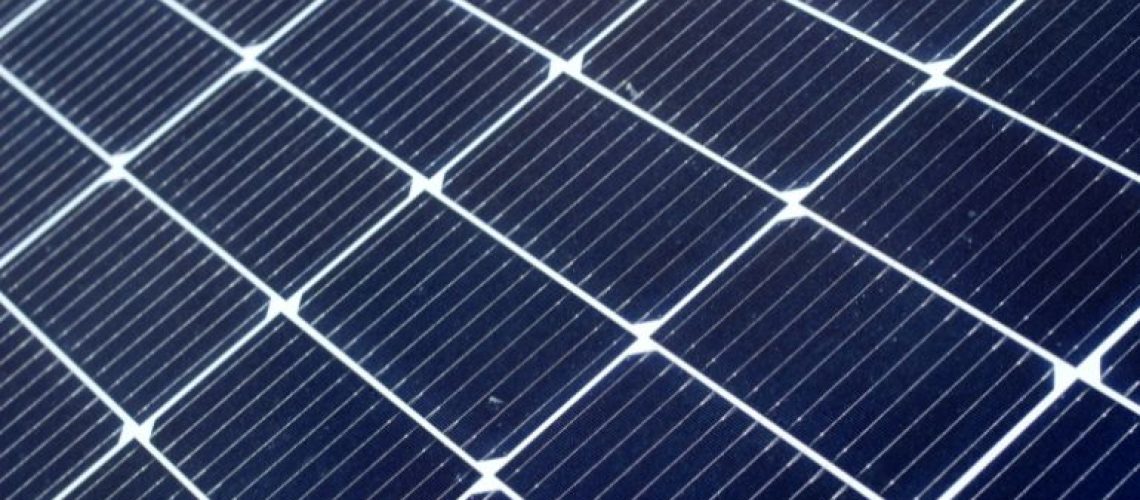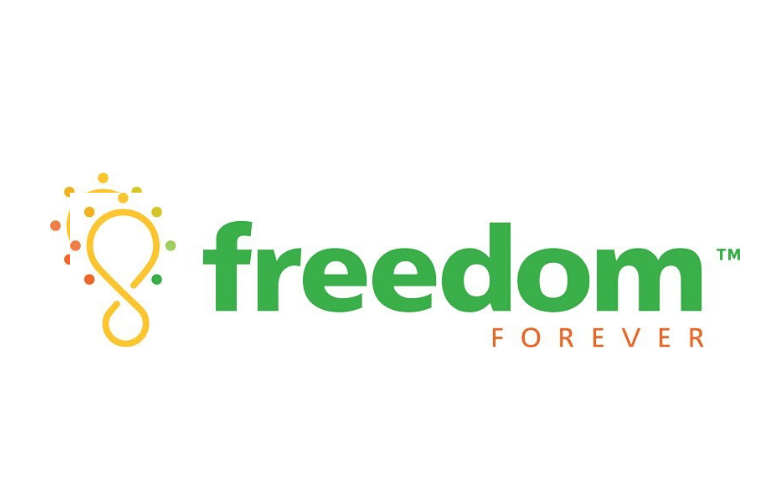The Dept. of the Treasury and the Internal Revenue Service (IRS) released final rules on key provisions in the Inflation Reduction Act (IRA) to expand the reach of the clean energy tax credits.
The IRA created two new credit delivery mechanisms — elective pay (otherwise known as “direct pay”) and transferability — that will help enable state, local, and Tribal governments; non-profit organizations; Puerto Rico and other U.S. territories; and other entities to take advantage of clean energy tax credits. Until the Inflation Reduction Act introduced these new credit delivery mechanisms, governments, many types of tax-exempt organizations, and even many businesses, could not fully benefit from tax credits like those that incentivize clean energy deployment.
“Thanks to President Biden’s Inflation Reduction Act, local governments, nonprofits, and other non-taxable entities can now claim clean energy tax credits for the first time,” said John Podesta, Senior Advisor to the President for International Climate Policy. “Today’s final rule provides additional clarity for organizations so they can take full advantage of this game-changing opportunity to expand clean energy all across America.”
The Inflation Reduction Act allows tax-exempt and governmental entities to receive elective payments for 12 clean energy tax credits, including the ITC and PTC (Sec. 45 and 48 credits), as well as tax credits for electric vehicles and charging stations. Businesses can also choose elective pay for three of those credits: the credits for Advanced Manufacturing (45X), Carbon Oxide Sequestration (45Q), and Clean Hydrogen (45V).
The Inflation Reduction Act also allows businesses to transfer all or a portion of any of 11 clean energy credits to a third-party in exchange for tax-free immediate funds, so that businesses can take advantage of tax incentives if they do not have sufficient tax liability to fully utilize the credits themselves. Entities without sufficient tax liability were previously unable to realize the full value of credits, leaving only corporations able to take advantage of federal tax incentives. This raised costs, created challenges for financing projects, and limited the ability of communities and other organizations to realize the full economic and environmental benefits of clean energy. Final rules on transferability will be finalized in the near future.
Treasury’s elective pay final rules provide certainty for applicable entities to understand the law’s scope and requirements for eligibility. The final rules also lay out the process and timeline to claim and receive an elective payment. Treasury also issued a separate Notice of Proposed Rulemaking (NPRM) that is intended to provide further clarity and flexibility for applicable entities that that co-own clean energy projects and would like to utilize elective pay.
Under the IRA, entities treated as partnerships for federal tax purposes are not eligible for elective pay, regardless of whether one or more of its partners is an applicable entity. However, the proposed elective pay regulations clarified — and the final regulations confirm — that there are pathways for an applicable entity to access elective pay for credits it earns through a joint ownership arrangement including validly “electing out” of partnership tax treatment. Treasury and IRS agreed with commenters that existing guidance on making a valid election out of partnership tax treatment for clean energy arrangements was limited, and updates were needed for these arrangements to be more effective.
The section 761(a) NPRM issued today provides a broader and more accessible pathway for applicable entities that co-own renewable energy projects to elect out of partnership tax status and therefore access elective pay. To qualify under these proposed rules, co-ownership arrangements must be organized exclusively to produce electricity from their applicable credit property, have one or more applicable entity co-owners that will claim elective pay, and meet certain other requirements.
Specifically, these proposed regulations would:
- Permit renewable energy investments to be made through a noncorporate entity, rather than requiring direct co-ownership of the property or facility by the applicable entity;
- Modify certain joint marketing restrictions to provide that multi-year power purchase agreements would not violate the requirements to elect out of partnership tax treatment.
Treasury and IRS welcome written comments submitted through regulations.gov. The comment period is open until May 10, 2024.
To facilitate eligible entities receiving a direct payment, transferring a clean energy credit, or claiming a CHIPS credit, the IRS built IRS Energy Credits Online (ECO) for recipients to complete the pre-file registration process and receive a registration number. The registration number must be included on the eligible entity’s annual return when making an elective payment election or transfer election for a clean energy credit. The registration process helps prevent improper payments to fraudulent actors and provides the IRS with basic information to ensure that any entity that qualifies for these credit monetization mechanisms can readily access these benefits upon filing a return and making an elective payment election.
News item from IRS






